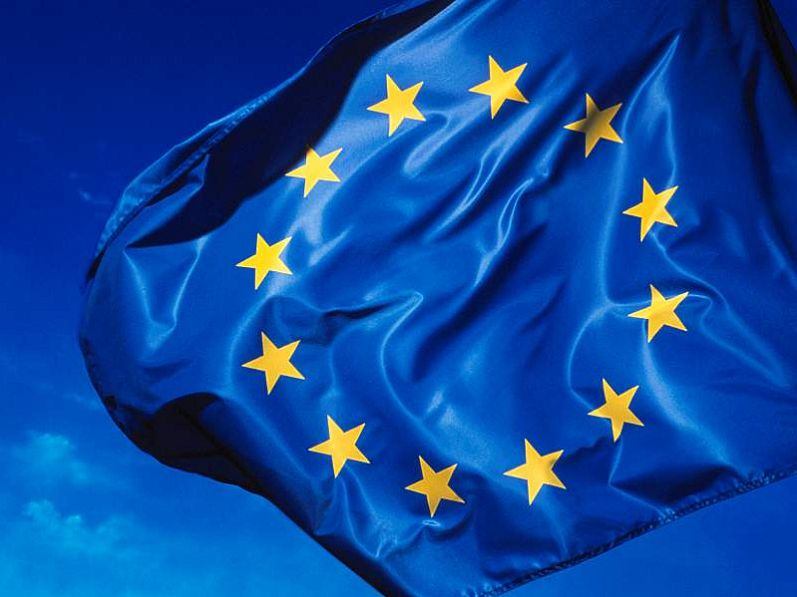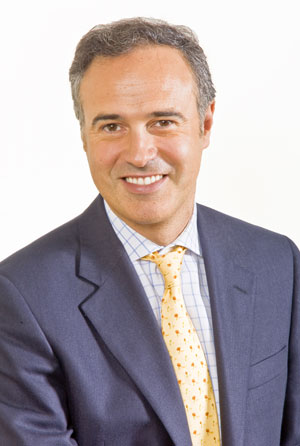The potential breakup of the European Union and the demise of the Euro now seem to be a threat of the past. Just twelve months ago, the old continent seemed to be in a freefall situation. Four peripheral countries were virtually intervened, and there were considerable doubts concerning Spain and Italy. The European Central Bank’s intervention, cutting interest rates, coupled with a large injection of public money, has managed to stop the bleeding.
Institutional players have been starting to invest in Europe waiting for a slow but sustainable recovery
During the past 24 months, financial markets focused in the U.S. stock market, taking advantage of the sharp rise in fixed- income prices. The latter has already concluded, and unless a disaster occurs, the future will bring higher interest rates. However, European stock markets as well as many Asian ones, lag far behind their American counterparts.
Investors typically buy based on expectations of change and on future valuations. Currently, and for the last few weeks, institutional players have been starting to invest in Europe waiting for a slow but sustainable recovery, which would help to reduce the valuation difference with other markets. The important thing is to find good managers who invest in companies which are fundamentally sound and which can also benefit from a very hard hit domestic market.
At this stage we see three different types of opportunities in Europe. The first is the market for assets in liquidation. These can be high-quality companies which are facing a lack of liquidity due to the lending restrictions practiced by the majority of the continent’s financial institutions. They would be companies with solid bases, but which are currently in need of support in order to progress. Normally, these companies are not listed on the stock exchange, and in many cases either still belong to family groups, or are non-strategic assets of some of the multinationals. The best way to find these investment options is through venture capital funds (“private equity”), with local presence and access to groups needing support.
The second area where we see opportunities is in those countries that have had sharp declines in their real estate prices. In some cases, we are seeing their valuations bottoming out, while in others there may still be some further drops. The regulators’ new capital requirements are causing many financial institutions to package those assets on which their loans are not being paid or which they have received as guarantees, and are selling them in bulk to large funds. This move has been seen in recent weeks in Spain, Portugal and Ireland. Other operations are the purchase of corporate buildings with tenants (in many cases the vendors themselves sell it with a long-term lease and even with a repurchase agreement in time). This helps them to obtain the liquidity they need by removing an asset which may be substantial from their balance sheet, while being able to continue to occupy it. What is important in these cases is that the tenant is reliable, as the last thing we want is to be stuck with an unproductive asset. We are now seeing several cases of international HNWIs entering directly into this type of investment.
Finally, we are currently seeing an inflow of direct capital into the European stock markets, which in some cases have seen their indexes increase by more than 20% from their June lows. Despite these large increases, they still remain cheap, historically, in relation to other markets, as well as in relation to their price / earnings ratios. There are two ways to invest in this area, the easiest, fastest and cheapest is through a passive vehicle like ETFs; however, there is also an opportunity through active managers who can add value by taking advantage of specific growth opportunities of some sectors or of specific companies.
It seems, or I would like to think, that we have already seen the worst of the financial crisis, and that the old continent is beginning to enter into the growth path, and to be once again targeted by investors.
Opinion column by Santiago Ulloa, founder and managing partner at WE Family Offices.

